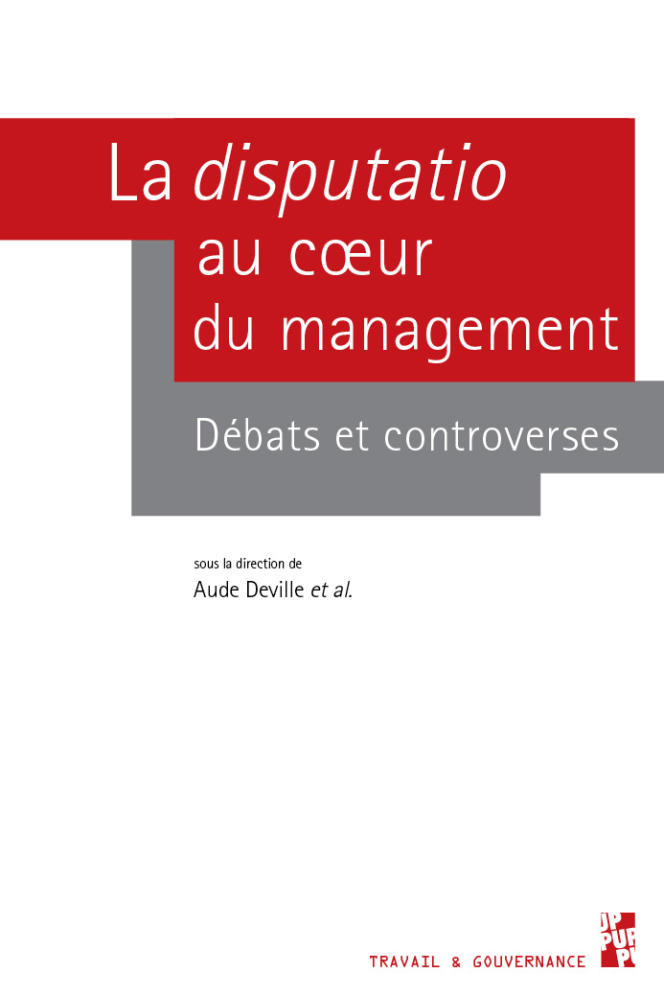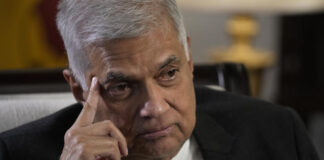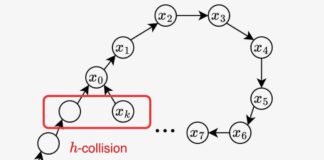The disputatio is an art of debate, of controversy that takes us back to the universities of the Middle Ages, where it was a method of teaching and research. The section of the National Council of Universities (CNU) devoted to management and management sciences proposes to bring it up to date through a book published by the Presses Universitaires de Provence: La Disputatio au cœur du management.
Current and former members of this institution thus meet to lead over the pages “a discussion between peers mobilizing arguments and counter-arguments”. The collective work, produced under the direction of Aude Deville, university professor in management sciences and management at the Côte d’Azur-IAE University in Nice, is an opportunity for them to highlight the issues, that affect teaching and research in their discipline today. They are not missing.
In fact, the book is published at a time when “multiple debates are emerging on the governance of the university system, particularly in the process of recruiting and promoting teacher-researchers”, underline the authors. Debates which echo in particular the promulgation, in December 2020, of the research programming law (known as “LPR”), mentioned many times in the book and a source of concern within the CNU.
Malaise
The mission of the council is to rule on the qualification, recruitment and career of university professors and lecturers. However, the book recalls, the LPR “has upset the recruitment practices of teacher-researchers since, from now on, it is possible to recruit [them] without going through the qualification of the CNU”, which is therefore “handed over in question “.
On this theme of recruitment, as on many others touched upon over the chapters, it is a feeling of unease that dominates. The book thus concentrates the concerns that today run through the profession of teacher-researcher in management and management sciences. The problems of staffing and “under-supervision” are for example mentioned: “The ratio of teachers-researchers/students is one to 53 in economics and management, against one to 25 on average in the university. »
The evolution of the profession is, at the same time, underlined. “A malaise is observed in the profession due to the deterioration of working conditions: dissatisfaction due to the increasing bureaucratization of the profession, the devaluation of pedagogy, the difficulty in seeking funding for research work, the difficulty of reconcile private life and professional life which has accelerated since the crisis linked to the epidemic”, explain several of the authors.
Pernicious effects
The evaluation of teacher-researchers is also one of the points of attention of the book with a warning: to keep away from the “fetishism of numbers”. “Since the autonomy of universities, a new step has been taken in research, assure the authors. It is not enough to write chapters of books, books, manuals but especially articles in classified journals. They continue: “The evaluation is therefore largely quantitative (…), according to the number of articles published taking into account the ranking of the journal considered as a benchmark of quality. »
The pernicious effects of such an orientation are underlined, such as the standardization of research. The book therefore invites us to give full consideration to the qualitative analysis of the work of teacher-researchers.
The Disputatio at the heart of management highlights the subjects of tension that cross a profession, but also recalls the importance of the work of teacher-researchers in the university as in the city, highlighting in particular their “social and societal usefulness”. This implies, the authors conclude, “social recognition” and more resources.

















